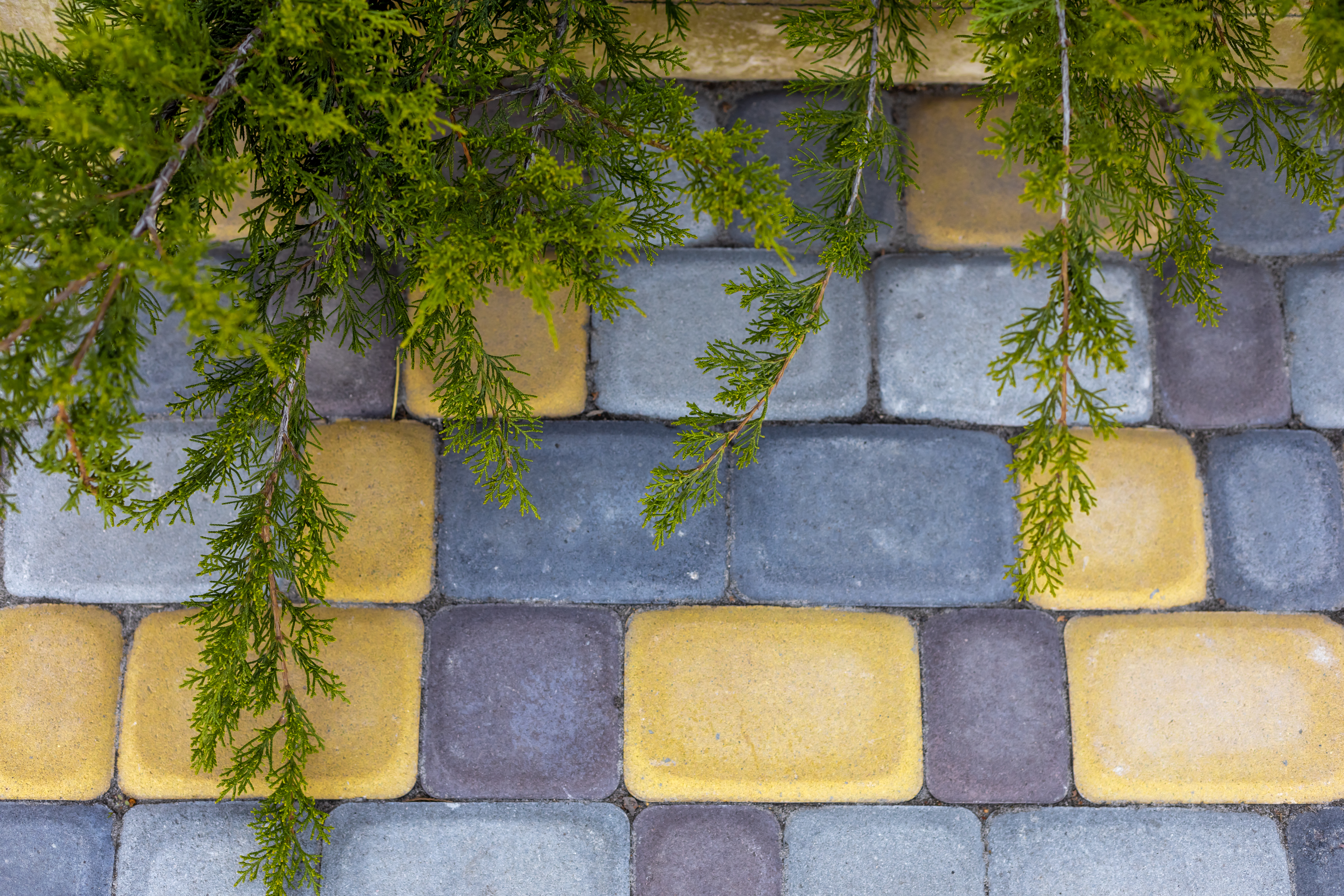
Do I Need Planning Permission?
By admin | Uncategorized
Planning permission from Wiltshire Council is required for some driveway and dropped kerb projects.
Driveways
In most instances, approval isn’t needed for a new driveway. However, as of October 2008 the Ministry of Housing introduced new legislation decreeing:
“Hard surfacing of more than 5 square metres of domestic front gardens permitted development only where the surface in question is rendered permeable.”
As a result, we ensure new driveways exceeding 5m2 are permitted or have adequate drainage. Permission is usually not needed for installing permeable surfaces.
Dropped Kerbs
Dropped kerb installations are needed to lower the pavement, enabling access to vehicles to your drive.
The Driveway Services team fulfil all contracts with the necessary insurance and by following legislation set out in The Highways Act of 1980. For some jobs, it’s necessary to reach out to Wiltshire Council for planning permission. Planners want to ensure your installation has disabled access, drainage, full visibility to and of oncoming traffic.
This may include classified roads, bus routes, your proximity to local schools and hospitals. Done correctly, a dropped kerb can enhance the marketability of your home.
General Landscaping
Some general landscaping jobs require planning permission too.
The maximum legal height of a fence, for example, is 6.6. Any homeowner wishing to exceed this will need to contact their local authority.
Whether you need driveways or dropped kerbs in Wiltshire, we’ll help you navigate the regulatory hurdles and ensure the process goes smoothly.
